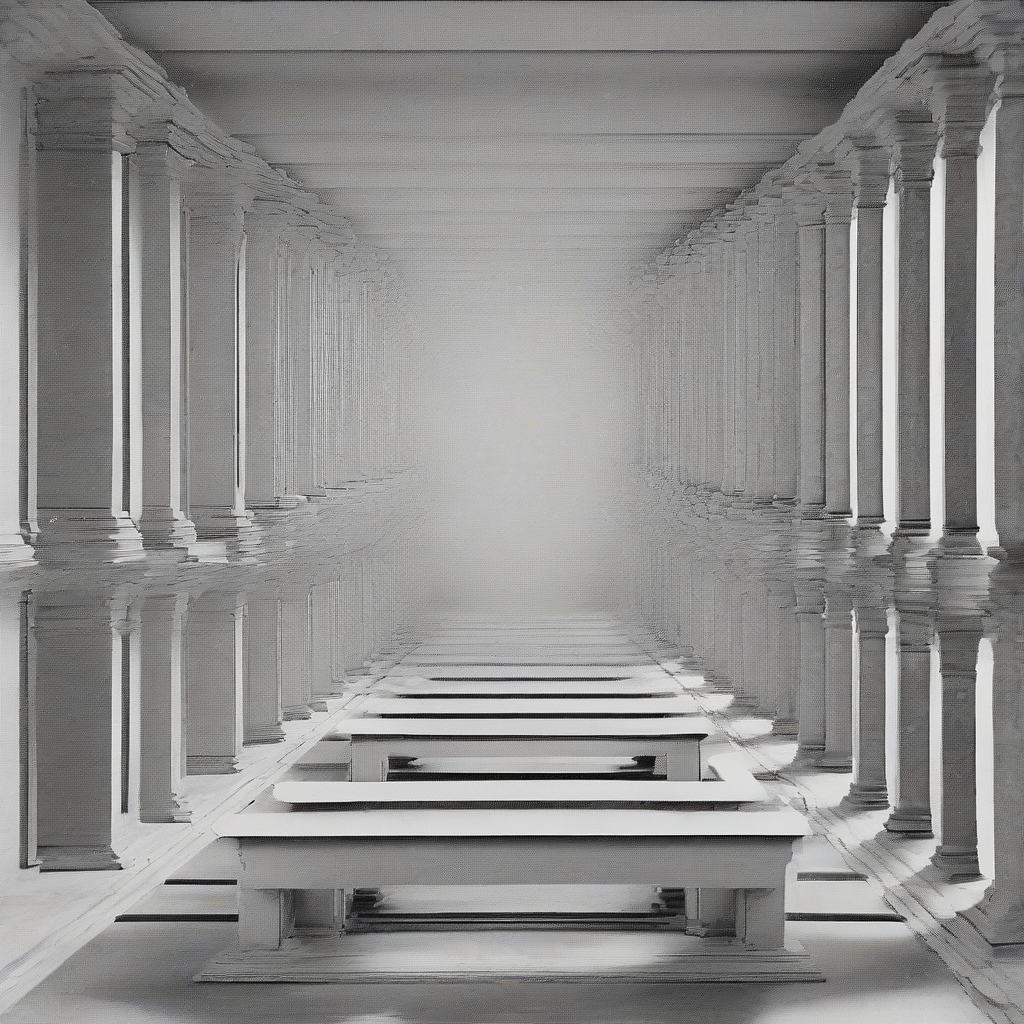Nothing
We use the word “nothing” all the time. We might say, “There’s nothing to do,” or “It’s nothing,” or “I’ve got nothing.” But have you ever stopped to consider what “nothing” actually is? It’s a surprisingly complex concept that has puzzled philosophers and scientists for centuries. This post delves into the multifaceted nature of “nothing,” exploring its philosophical implications, its scientific interpretations, and its pervasive presence in our everyday lives.
The Philosophical Nothing
Philosophically, “nothing” is far from empty. It's a concept that has been debated for millennia, forming the bedrock of many existential and metaphysical discussions. One key question is whether nothing truly exists. If nothing existed, then wouldn't that itself be something? The very act of contemplating nothing implies its existence as a concept, a void in our understanding.

Parmenides, a pre-Socratic Greek philosopher, argued that nothing cannot exist. He believed that existence is fundamentally one and unchanging, and the concept of "nothing" is a contradiction. On the other hand, other philosophers, including many who came after Parmenides, have embraced the possibility of nothing. The concept of nothingness is central to nihilism, a philosophy that rejects objective morality and purpose.
The void, or emptiness, has been interpreted differently throughout history. In some cultures, it represents chaos, an absence of order. In others, it is seen as a source of creation, a potential from which everything emerges. Eastern philosophies often view the void, or sunyata in Buddhism, as a dynamic, ever-present state of potential, not simply an absence. This contrasts sharply with the Western philosophical tradition's emphasis on the binary opposition between something and nothing.
Consider the role of "nothing" in the creation myths of many cultures. Often, a void, an emptiness, precedes the creation of the universe. This primordial nothing is not simply an absence of matter, but a state preceding existence itself, a fertile ground for creation. This highlights the paradoxical nature of "nothing": it can be both a void and a potentiality, a nothingness from which something emerges.
Nothing in Science
From a scientific perspective, "nothing" takes on a different meaning. It’s not simply an absence of things, but also an absence of properties. In physics, the concept of a vacuum is often used as a representation of "nothing," but even a vacuum is not truly empty. It contains virtual particles that pop in and out of existence, fluctuating energy fields, and dark energy.

Even seemingly empty space, at the quantum level, is teeming with activity. The Heisenberg uncertainty principle dictates that we can't simultaneously know both the position and momentum of a particle with perfect accuracy. This inherent uncertainty suggests that even a vacuum, seemingly devoid of matter, is still subject to the laws of quantum mechanics and is thus anything but truly “nothing.”
The Big Bang theory postulates that the universe originated from an extremely dense and hot state. But what was there before the Big Bang? Many physicists shy away from the question, as it pushes beyond the boundaries of our current understanding. Some propose a multiverse, with our universe being just one of many. Others suggest that the very concept of "before" the Big Bang is meaningless, as our notions of time and space may not have applied in that pre-existing state.
The search for dark matter and dark energy underscores the vast unknown in our understanding of the universe. These mysterious components constitute the majority of the universe's mass-energy content, and their nature remains largely unknown. Their existence itself demonstrates that our current understanding of "nothing" – or the seemingly empty spaces of the cosmos – is still incomplete.
Nothing in Everyday Life
Beyond the philosophical and scientific realms, "nothing" permeates our daily experiences. We use the term to express a lack of something: nothing to wear, nothing to eat, nothing to do. But even in these mundane contexts, the concept of "nothing" is far from simple. "Nothing to do" might mean feeling bored, uninspired, or lacking purpose. "Nothing to wear" could indicate dissatisfaction with our wardrobe, a lack of self-confidence, or an inability to express ourselves through clothing.

The feeling of "nothingness" can be profound. It can be associated with loss, grief, or existential angst. It can also be a source of creativity, leading to moments of introspection and breakthrough insights. The emptiness of a blank page, for example, can be both daunting and inspiring, holding the potential for great works of art, literature, or music.
Our perception of "nothing" is shaped by our culture, our experiences, and our individual perspectives. What one person considers “nothing” another might see as brimming with potential or opportunity. This subjective interpretation underscores the multifaceted nature of this seemingly simple concept.
“Nothing” is not simply the absence of something; it is a powerful concept that shapes our understanding of the universe, our place within it, and the very essence of existence. It is a void, a mystery, and a potential all at once, a concept that has challenged and inspired us since the beginning of our quest to understand the world and ourselves.